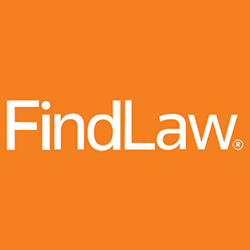What are my alternatives to bankruptcy?
I think the answer to this question is “it depends”. It depends on how much you owe, what type of debts you have, if you own non-exempt assets, how much money you earn, etc. When I meet with someone thinking about bankruptcy, I always look at and discuss other options. In some cases bankruptcy is just not the right choice
1. Pay the debt under the contract terms.
2. Attempt to negotiate with the creditors to arrive at more favorable payment terms.
3. Use a debt management plan through a reputable credit counselor.
4. Borrow money to pay the debts in full or try to settle the debt for a portion of the balance.
5. Do nothing.
Most of these options have their drawbacks and are explained more fully below.
Consumer Credit Counseling
If you have the ability to pay your debt, you may want to enroll in a consumer credit counseling program. However, beware; many online consumer credit organizations are unreliable. The government is investigating many of these “non profit” companies who actually operate to benefit insiders and not clients. They may take your money and not actually give it to your creditors, resulting in higher debt, garnishment and/or repossession for you.
Second Mortgage
Many people take out a second home mortgage or refinance to pay off credit card or other debt. In doing so, they convert dischargeable unsecured debt to secured debt. The lending industry understands this, and that is why they aggressively market second mortgages and refinances to people with unmanageable debt. In today’s economy this could be a scary tactic especially if you will be borrowing on an adjustable rate mortgage because your payments could continue to rise as interest rates rise. Eventually the payments could force you out of the home.
Doing nothing
Unless you are judgment proof, this is probably irresponsible. By not doing anything, you make it impossible to start financial recovery. You would be unable to start saving for important purchases like home, college expenses and retirement. Your wages could be garnished or your home could be foreclosed or your car repossessed. Nobody wants this to happen. Congress thought this through carefully and passed the bankruptcy law to help you escape this downward spiral and start fresh.



